The price of bicycles continues to increase, for how long?
In recent months the 2023 ranges of different brands are being announced and cyclists are complaining about the increase in prices. An increase that has led to the fact that the bikes and not only the high-end models, have become a real luxury item that is becoming out of reach of many pockets.
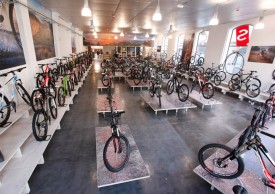
Bicycle prices continue to increase
How far away are those times when for 1,000 € you had a bike with Shimano 105 full to start with all guarantees in this sport. However, not so long ago for around 4,000 € you could have a bike equipped with Ultegra Di2 and the top of the range bikes were around 7,000 €. Now in 2023, it is not uncommon to see in the catalogs of the major brands prices that rise to 15,000 or 16,000 € in a price increase that seems to have no end.
While during the last decade bike prices had been increasing progressively, something in line with the economic growth experienced in those years, after overcoming the economic crisis of 2008, the first major turning point was marked by the arrival of disc brakes to the road ranges, which meant a first big price increase in the different ranges.
RECOMENDADO
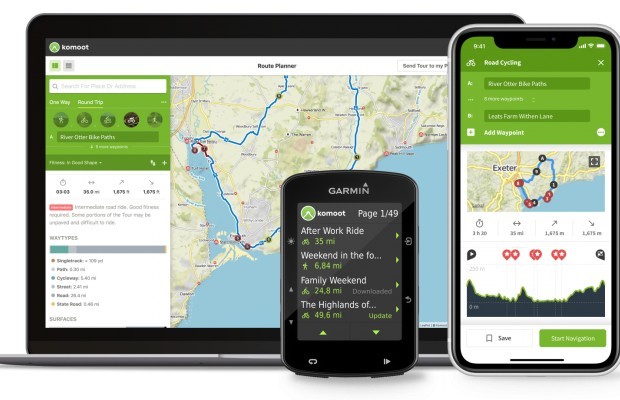
The best apps for cycling and mountain biking
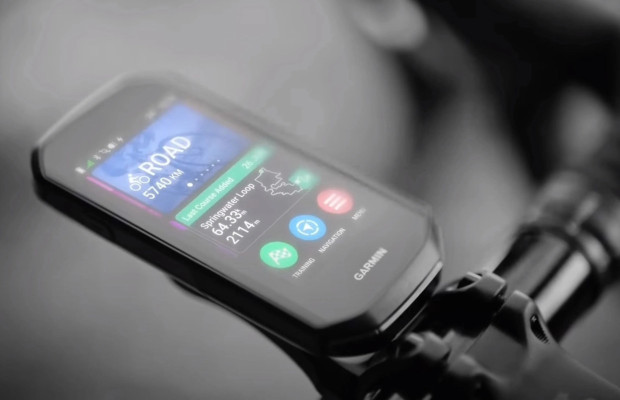
Black Friday Garmin 2025: the ultimate guide to choosing your GPS at the best price
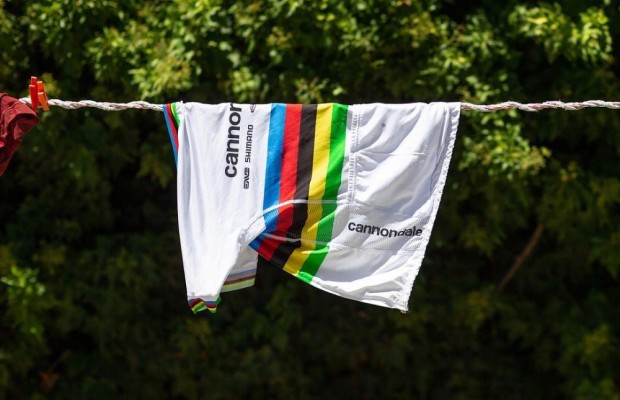
How to wash your cycling clothes? 10 keys to make them always look new
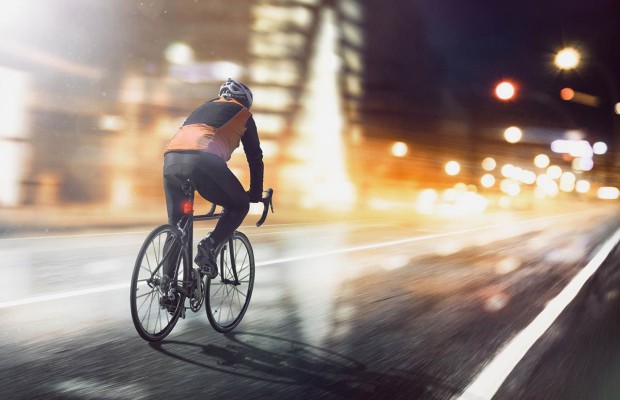
Cycling can help you fight the effects of the time switch
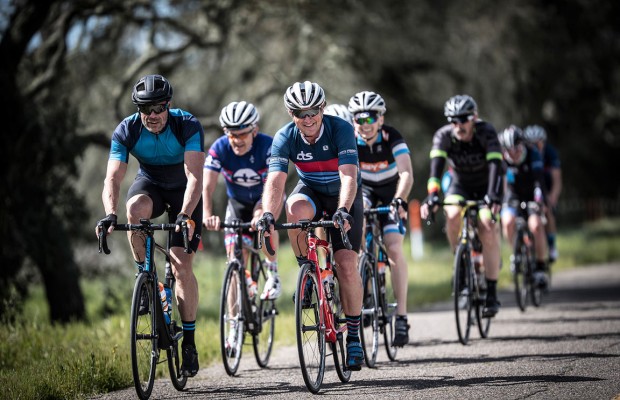
Easy to apply tips for riding faster

The real importance of signing up for a race
When things seemed to stabilize, 2020 arrived and the pandemic, turning upside down the bicycle market whose distribution networks, dependent on products from the Far East, stopped, causing a significant shortage of bikes on the market. Add to this the fact that the end of confinement meant that many found in the bike an escape from the months locked up at home, and we have the perfect storm that sent prices skyrocketing.

Although we were confident that there would be a "ketchup effect" after the return to normality, when all the product stored during the pandemic would be released, the reality is that this has not happened and brands have had to stretch existing ranges, delaying launches that were planned for one or even two years ago and which are now coming to light.
Finally, to top it all off, the inflationary situation we are currently experiencing due to the war in Ukraine, which has made energy more expensive, which in turn has increased the cost of the means of production and transportation of goods, has meant that a product such as the bicycle, which despite everything, is still in great demand, has skyrocketed to become a luxury product.
There are several examples that we can find in the catalogs of the brands, such as the top of the range model of the new SCOTT Addict whose version for 2023 has been presented a few days ago with a price of 16,399 €. In 2019 the top of the range Addict RC would have cost a few thousand euros less.
The same is true for Trek, whose new Madone SLR, one of this year's star launches, tops out at €15,699, while the same set-up, with the frame from last year's model, remains available in the catalog for €14,599.
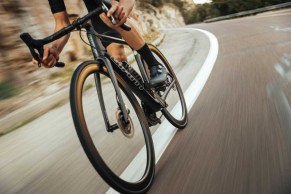
If we go to a brand less dependent on supply networks such as the Taiwanese Giant, we can see that its flagship model, the TCR Advanced SL, which in 2017 had a price in its best set-up of 7,999 €, while today we find it for 11,499 €.
Even Canyon, traditional champion of the most competitive prices, already exceeds the psychological barrier of 10,000 € in the top of the range setups of its new Ultimate CFR and the Aeroad CFR, the latter one of those bikes whose launch was left in limbo by the effect of the pandemic and has not been available in its catalog until this year.
These models and brands are just an example, but the truth is that all manufacturers are updating their prices for 2023 and with all of them the same thing is happening. Prices are going up or at most remaining the same.
Price vs. performance
However, this increase in bike prices has not always translated into a clear increase in performance, and sometimes the opposite has happened in the set-ups.
Traditionally, the weight of the bike had been one of the criteria for defining a high-level bike. Something that has also been proven to be far from objective. Even so, nowadays, the 6.8 kg weight limit set by the UCI has become a distant barrier that is increasingly difficult to reach, even in mid-range and top-of-the-range setups.
In mountain bikes it is exactly the same as in road catalogs, but in this case the price-weight-performance ratio is more complicated.
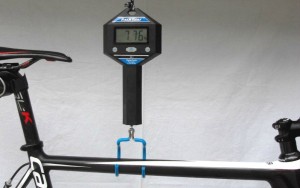
The incorporation of disc brakes, fully internal cable routing or pushing aerodynamics to the limit are technologies that have made the developments of the different models more expensive. This may result in improved performance on top-end models, but it adds unnecessary complexity to the mid-range and entry-level bikes that customers demand, according to what we hear from the stores.
At the same time, taking these new products from the top models to the bottom of the catalog forces the brands' product managers to make major leaps in component selection. This often forces them to choose overly basic components and wheels in order not to increase the price of these set-ups.
When will it stop?
Unfortunately, if we take a look at the market, nothing seems to indicate that this constant escalation will stop because, in addition to the current economic situation that favors the rise in prices, with cycling a curious phenomenon occurs: there are more and more cyclists and there are few who renounce to acquire a new machine, many with the thought that if they don't do it now, next year it will cost them even more to do it.
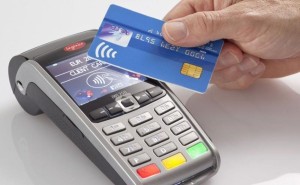
There are many who have spoken of a bubble that could burst, looking for a similarity with what happened with housing in 2008. However, the difference with houses is that here we are not talking about an essential good, but the bike is still a hobby unless we go to the field of urban cycling in which, little by little, governments are beginning to propose some stimulus measures, such as subsidies for the purchase of electric bikes, which can alleviate to some extent the increase in prices.
In any case, there does not seem to be a slowdown in bike sales, quite the contrary, a demand situation that makes it unlikely that bike prices will stop rising with the current situation.
What should we do to change our bike?
If you are in the situation of acquiring a new bike, finding the best option is not an easy task. Obviously, we would all like to find the good, nice and cheap that is the paradigm of the perfect purchase, but today, especially if we are talking about a new bike, it is something less than utopian.
The first option we can consider is to take advantage of these months to try to get a bike from previous seasons, at a time when stocks are being liquidated. This with the special addition of the arrival of the new Shimano groupsets with 12 speed that will make few people want to buy a new bike with 11 speed.
The second-hand market can be another helpful alternative in these times, although it requires patience until you find what really fits what you are looking for.
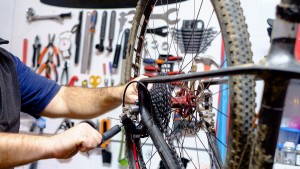
We should not ignore the opportunity, especially if we are looking for a top of the range bike, to invest in a first class frame that we can initially mount with the parts of our current bike and then upgrade as we go fishing for bargains. The downside is that it is an alternative only suitable for the bike handyman and that, in many cases, it means that we will never finish leaving the bike definitively to our liking.
We can also choose to avoid the leading brands and look for bikes from other smaller manufacturers. Often this means giving up the latest technologies and frames with optimized performance but, in exchange, it gives us the possibility of achieving a fully solvent set-up for much less.
In any case, we must be clear that the important thing about this sport is pedaling, touring places and that although with the best bikes everything is much easier, other not so advanced models can also offer us the enjoyment we are looking for. On the other hand, we must see the bike as an investment that allows us to have an escape from our daily obligations and that, well cared for, will offer us many years of satisfaction. With these premises in mind, it is well worth making the effort to spend a little more money on ourselves.